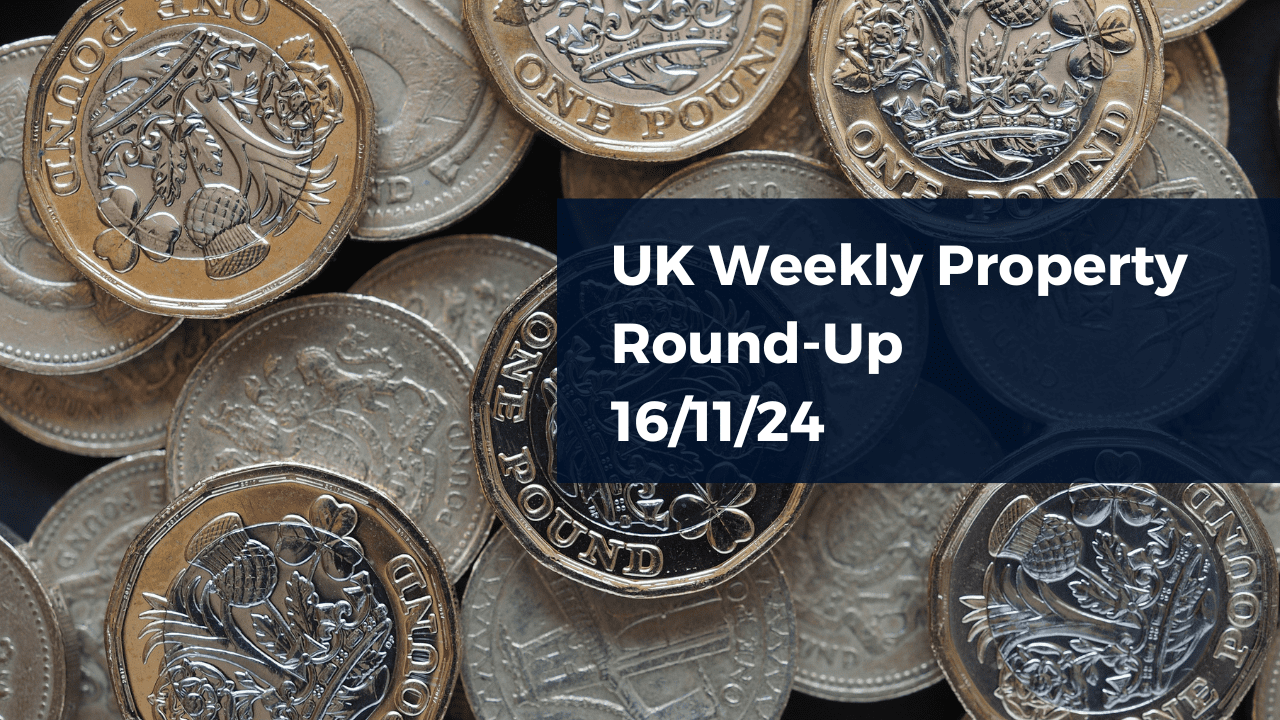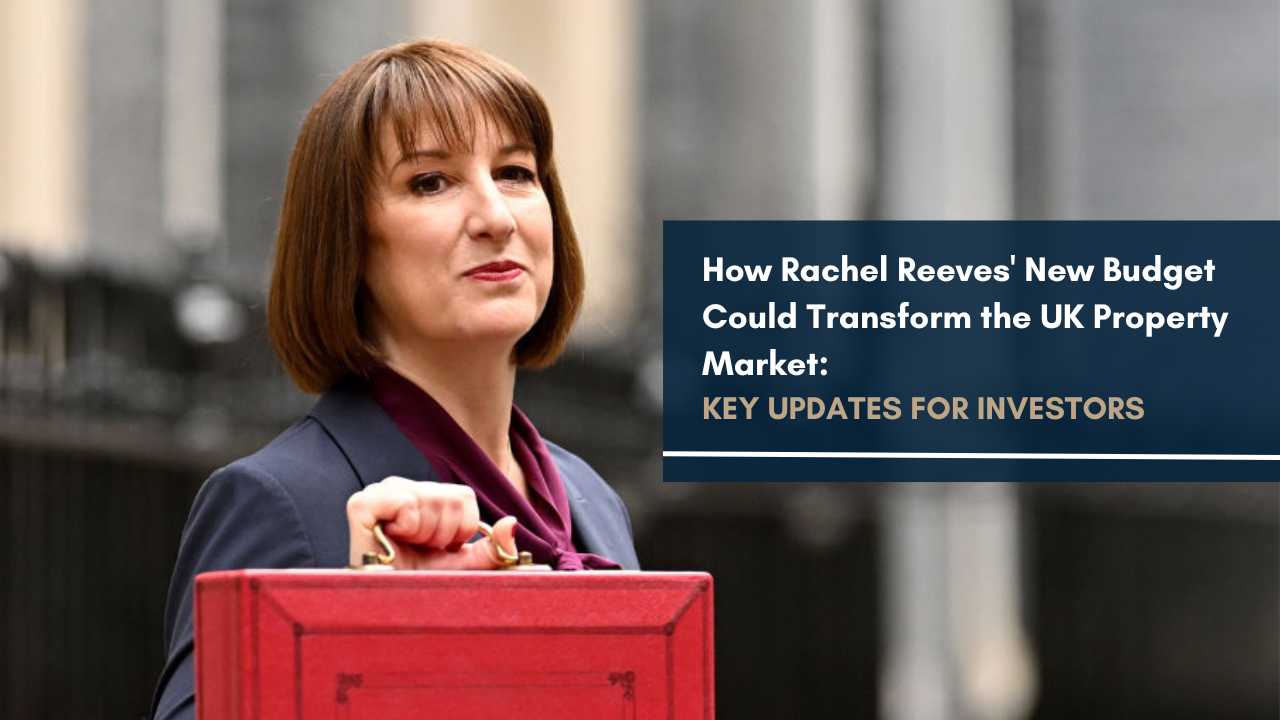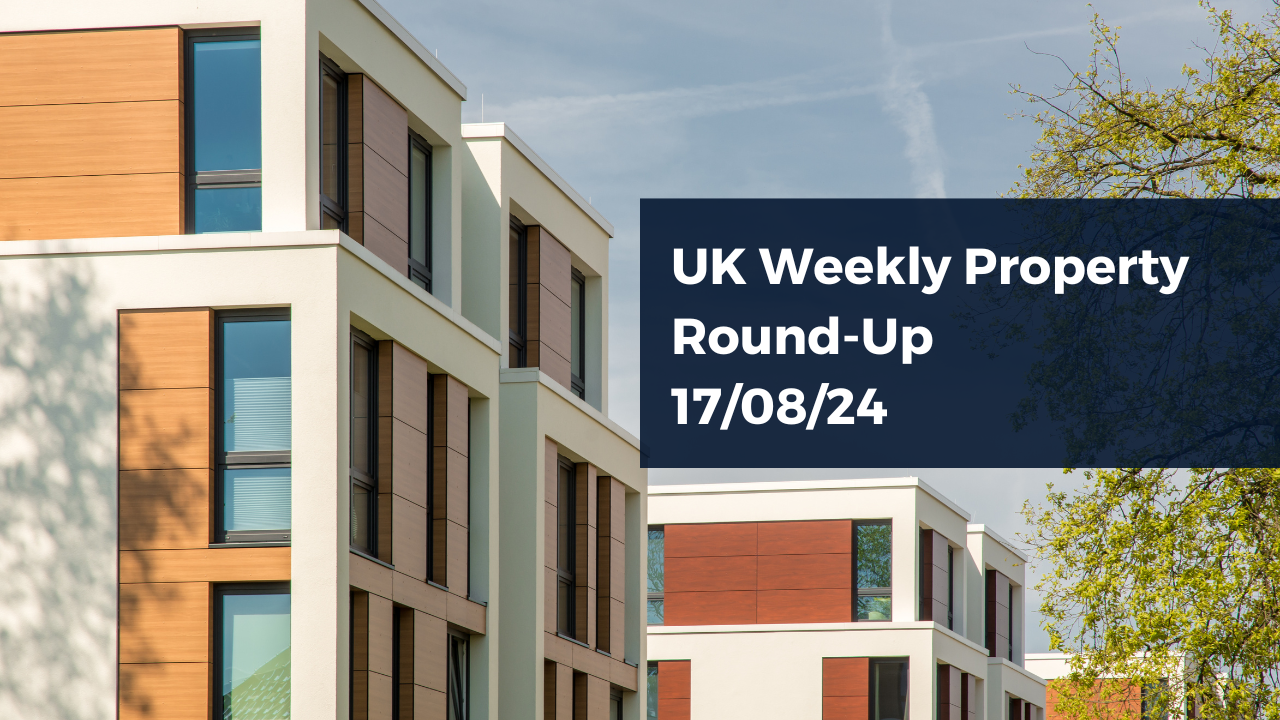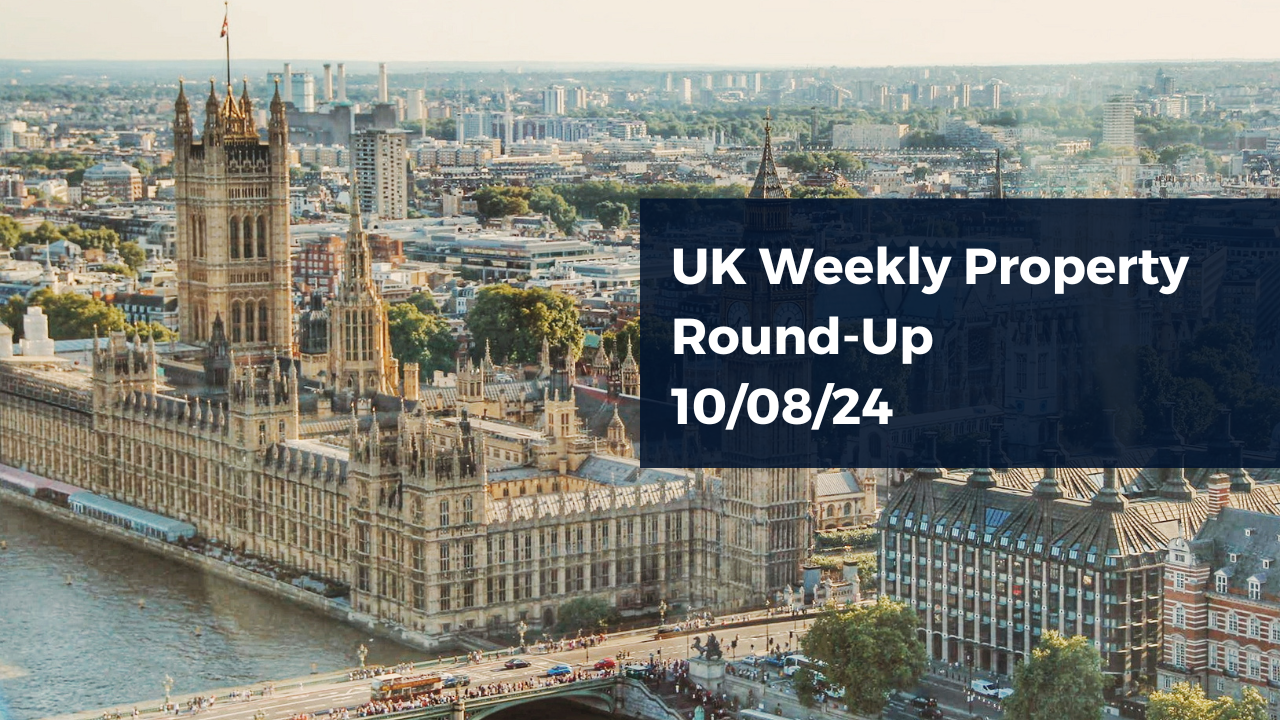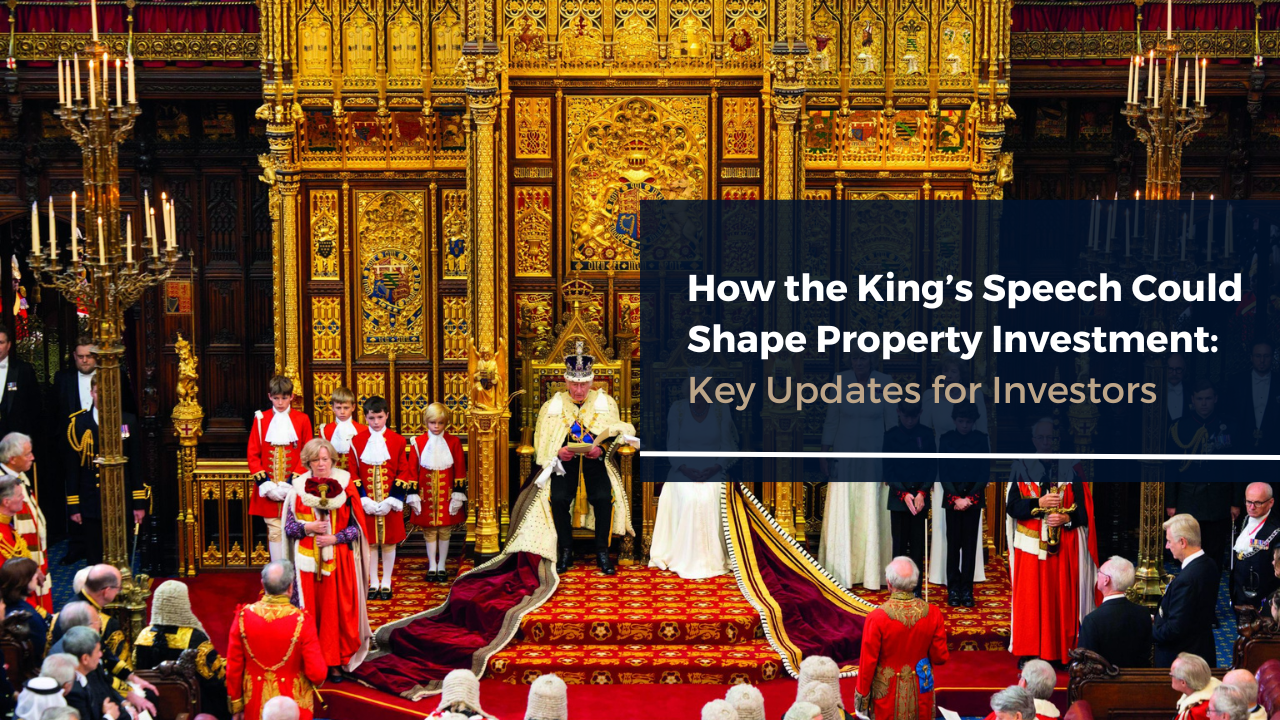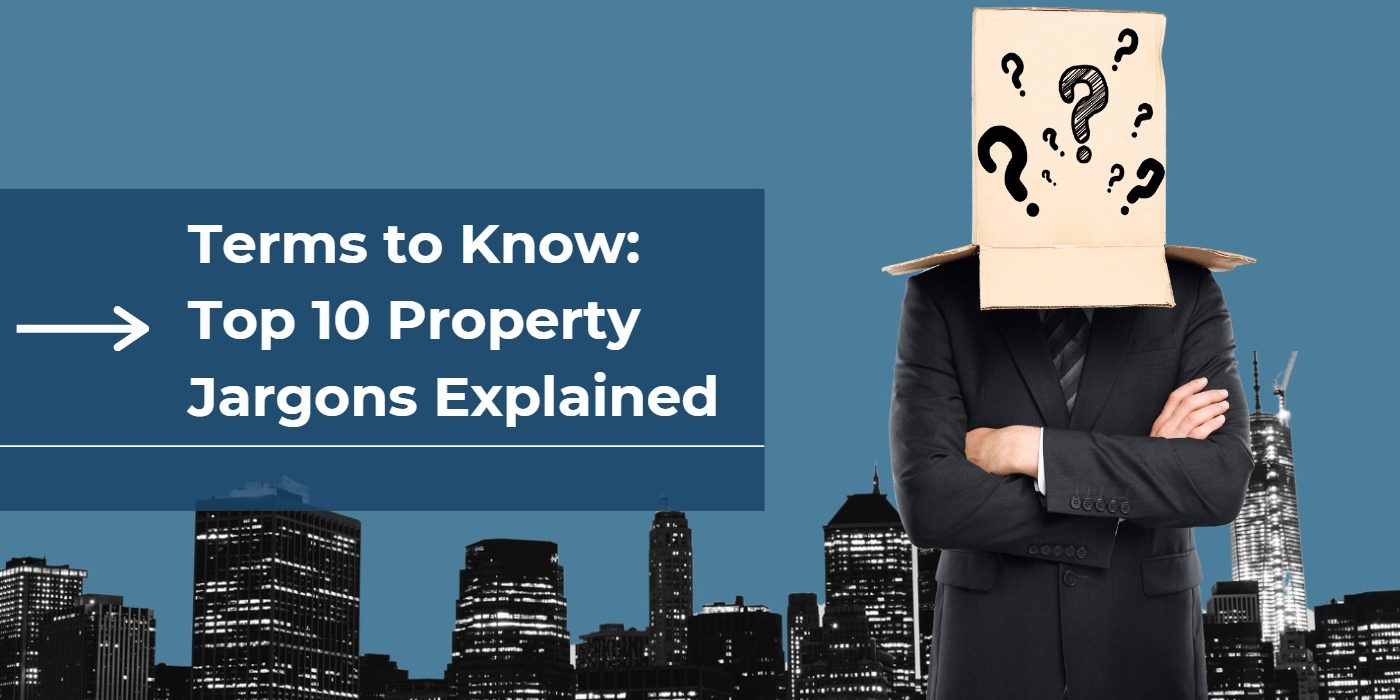Buying real estate is a popular investment strategy to grow your wealth, but it is essential to understand the dynamics of the markets you are considering. The United Kingdom and Dubai, two vibrant and attractive investment destinations, offer different opportunities and challenges for investors. This article explores the cultural and market differences between these two regions, helping you make an informed decision.
Real Estate Market Overview
The UK Property Market
The United Kingdom’s real estate market is renowned for its stability and growth, fuelled by a strong economy and a robust legal system that protects property rights. London has always been a global hotspot, but cities such as Birmingham and Manchester are gaining recognition for their promising returns. The Royal Institution of Chartered Surveyors (RICS) reported a steady rise in house prices in the UK as of Q2 2023, despite the global uncertainties.
The Dubai Property Market
Dubai’s real estate market offers high potential for growth and profitability. Over the past decade, Dubai has attracted international investors with its world-class infrastructure, tax-free regime, and strategic geographic location. The Dubai Land Department reported a 12% increase in property transactions in 2022, demonstrating investor confidence.
Ownership Differences

Understanding ownership status is paramount when investing in real estate. The UK’s market operates on a system of both freehold and leasehold ownership. Once you purchase a freehold property, you own it outright along with the land on which the property is built. UK Leasehold properties are homes owned for a fixed term, but not the land they stand on. The land remains with the freeholder. Leaseholders will have responsibilities outlined in their lease agreement. Both types of ownership have their own unique benefits. While leasehold properties can be more affordable and involve less maintenance responsibility for the leaseholder, freeholders often benefit from stronger capital growth over time with less ongoing fees associated with the purchase.
In Dubai, both leasehold and freehold properties exist, but foreign investors are not currently permitted to purchase leasehold properties. However, unlike the UK, it is very easy for foreign investors to find apartments in Dubai that are freehold. This gives overseas investors a lot of choice and flexibility when it comes to finding a suitable property.
Market Regulations
The UK’s real estate market is heavily regulated, ensuring high levels of transparency and security for buyers. Conveyancing (the process of transferring property ownership) is meticulous and can typically take up to 12 weeks. Mandatory Energy Performance Certificates (EPCs) are also a unique aspect of the UK market, which rating the energy efficiency of buildings. There is a minimum EPC rating that landlords need have to ensure their properties have in order to be able to legally rent them out and this minimum rating is set to become more strict in the coming years.
Dubai’s market has historically been more developer-driven, with regulations continually evolving to equally increase transparency and stimulate investment. While there has been some concern in the past over Dubai’s willingness to accept investment money from unknown sources, the introduction of Law No. (19) of 2017 concerning the Real Estate Regulatory Agency (RERA) is a true testament to Dubai’s commitment to protecting its investors and its determination to improve transparency in the buying process.
Economic Factors

Economic factors greatly influence property market dynamics. In the UK, the recent completion of Brexit combined with the ongoing strength and resilience of the pound under intense economic pressure make it a safe investment destination. The stability of the UK economy minimises investment risks, making it attractive for long-term investors.
Meanwhile, Dubai’s real estate market can be more volatile, but it also presents opportunities for exceptionally high returns. The government’s push for economic diversification and major events like Expo 2020 have increased international investor interest. The UAE’s commitment to economic reforms and openness to foreign investment reinforces Dubai’s market attractiveness.
Conclusion
Understanding the cultural and market differences between the UK and Dubai is vital when considering real estate investment. While the UK’s market offers stability and strong legal protections, Dubai offers high growth potential and a tax-friendly regime. As an investor, aligning your investment strategy with the market characteristics and economic prospects of these regions can ensure you reap lucrative rewards.




